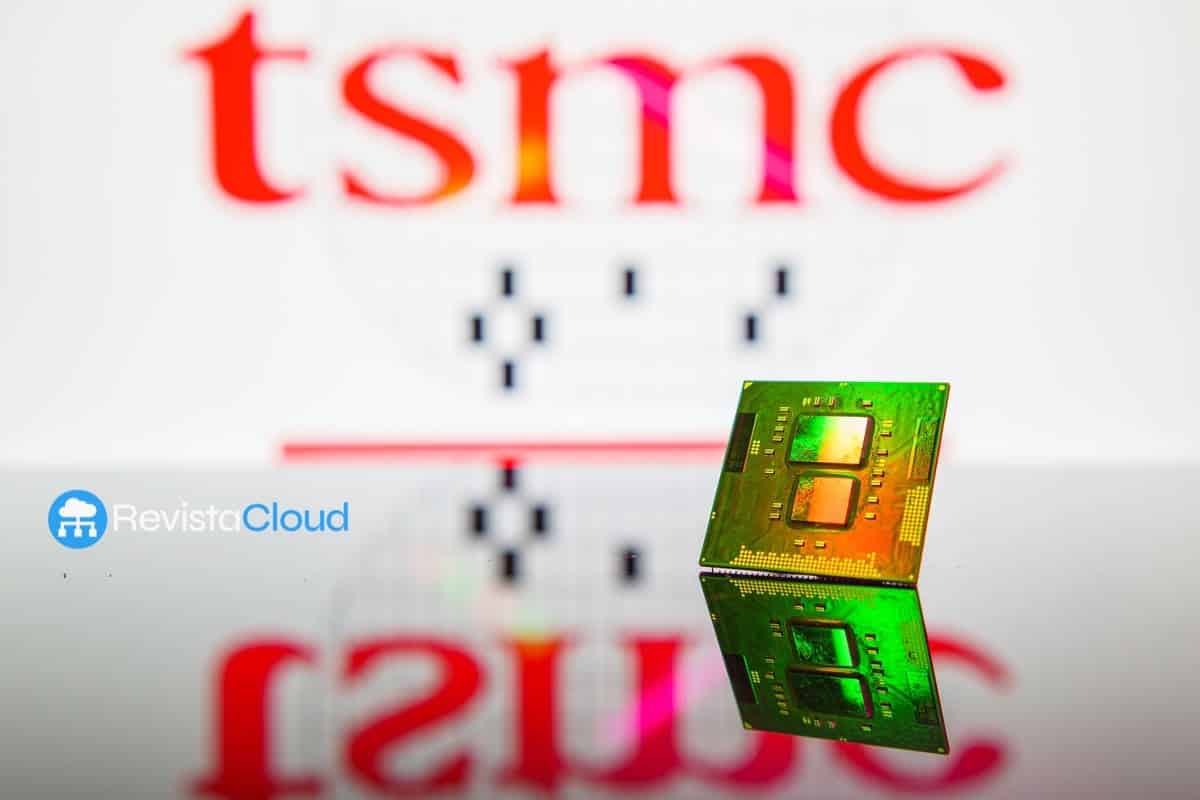The increasing demand for advanced CoWoS (Chip-on-Wafer-on-Substrate) packaging by TSMC is causing a significant shortage of BT substrates, which in turn is impacting the prices of NAND Flash controllers. Mitsubishi Gas Chemical (MGC), the world’s leading supplier of base materials for BT substrates, has notified delays in shipments due to tightening raw material supply.
The shortage of BT substrates is causing medium- and long-term disruptions in the supply chain, particularly affecting NAND Flash controllers. Manufacturers like Phison and Silicon Motion may pass on the cost increases to customers, potentially resulting in higher prices in the storage market.
TSMC has doubled its CoWoS production capacity over the past two years, reaching between 35,000 and 40,000 wafers per month, with plans to increase to 80,000 wafers per month by 2025. However, demand continues to outstrip supply, especially due to the rise of artificial intelligence and high-performance computing.
Additionally, TSMC has received approval from NVIDIA to raise CoWoS packaging prices by 10% to 20% in 2025, depending on capacity expansion. This price increase could be passed on to end products, affecting consumers and businesses that rely on NAND Flash storage solutions.
This situation highlights the importance of diversifying sources of materials and packaging technologies to mitigate risks in the supply chain. Companies like Intel are exploring glass substrates as an alternative for advanced packaging, which could offer long-term solutions to current limitations.
In summary, the BT substrate shortage driven by CoWoS demand is having a ripple effect on the semiconductor industry, impacting both the production and pricing of key components like NAND Flash controllers.

